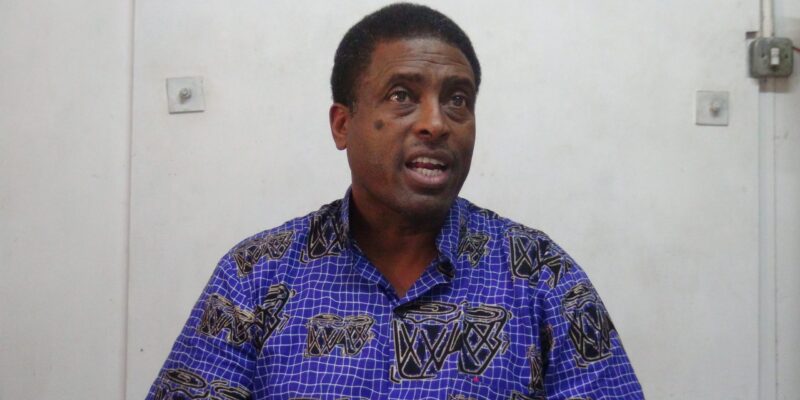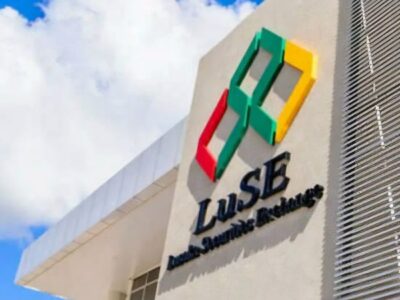Economist, Yusuf Dodia, has predicted a further decline in Zambia’s economic activities and a rise in crime due to the government’s recent announcement of 17-hour daily loadshedding, set to begin on September 1, 2024, as a result of reduced water levels at Kariba Dam.
Speaking to Zambia Monitor, Dodia expressed concern that the prolonged power outages would spell disaster for Small and Medium Enterprises (SMEs) and households that cannot afford solar products, which are crucial in mitigating the effects of loadshedding.
Dodia proposed that ZESCO, the national power utility firm, implement a monitoring mechanism similar to South Africa’s Eskom, which keeps communities informed about loadshedding schedules.
“This would enable communities to take control of their electricity usage and reduce the likelihood of load shedding,” he explained.
Dodia also stated the importance of public engagement by ZESCO to manage electricity usage more effectively.
According to Dodia, ZESCO should notify communities of excessive energy consumption and encourage them to reduce usage during peak hours.
“As an economist, I believe that this approach can help mitigate the negative impacts of load shedding and promote more efficient energy usage,” he said.
Dodia suggested that with better management, it might be possible to reduce loadshedding by up to 50 percent without the need for significant investments.
He also stressed the need for ZESCO to explore innovative solutions to address the energy challenges facing Zambia.
Additionally, he encouraged Zambians to consider investing in solar products like solar lights to reduce their dependence on ZESCO’s unreliable power supply.
He highlighted the benefits of solar energy, including independence from ZESCO, free energy from the sun, and the availability of duty-free and tax-free imports of solar products.
Dodia further urged importers to take advantage of these policies to bring in solar-powered lighting systems, which are in high demand due to the ongoing energy crisis.
WARNING! All rights reserved. This material, and other digital content on this website, may not be reproduced, published, broadcast, rewritten or redistributed in whole or in part without prior express permission from ZAMBIA MONITOR.











Comments